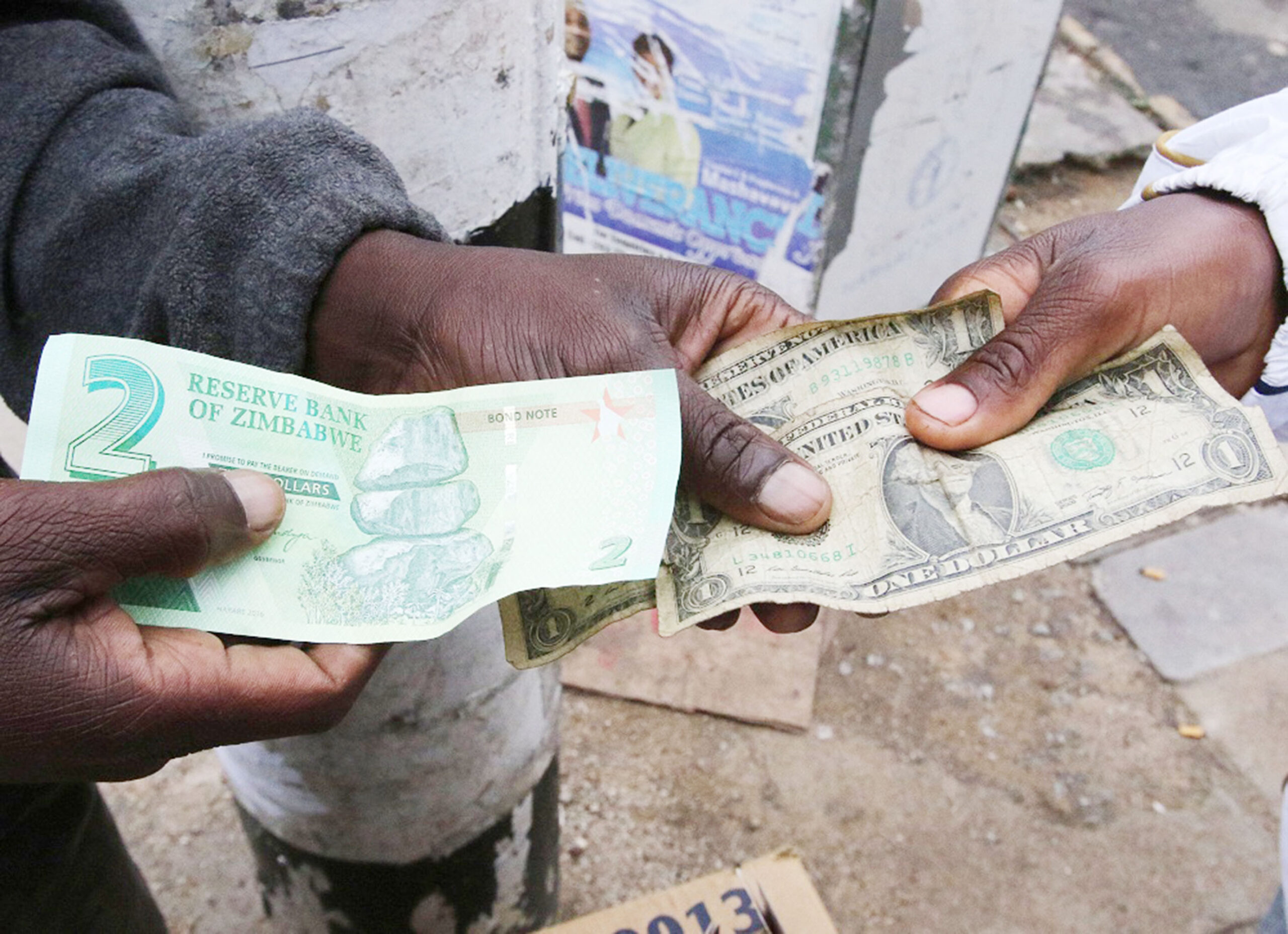Treasury moves to close gap between official and black market rates
Finance Minister Mthuli Ncube is now looking at using part of that influx of foreign currency official reserves that
arose from the recent grant of the International Monetary Fund (IMF) to grease the wheels of a proper banking
system.
Treasury is taking steps to address the widening gap between official exchange rate of US$1: $86 compared to about US$1:$140 and above on the black market, Finance and Economic Development Minister Professor Mthuli Ncube said on Wednesday last week.
Besides recently releasing US$70 million to speed up disbursement of funding and clear the backlog to businesses that participate at the Reserve Bank of Zimbabwe (RBZ)’s foreign currency auction system, Mthuli said closing the gap was critical.
Regardless of many firms receiving forex at the auction systems, the majority of goods and services in the country continue to reflect black market rates, forcing treasury to move in.
“First of all, we are taking a step to make sure that the gap between the parallel market and auction rate is contained.
“You have seen recent changes introduced by the Central Bank where they are allowing individuals to change US$50 a week from Bureaux de-Changes.
“Those who want to exchange smaller amounts should also have access to the formal market as opposed to having to go around the corner to some dark alley somewhere. So, formalising the market is critical for generating that stability.”
According to the RBZ, the forex auction system has so far covered and benefited almost every facet of the economy from, inter alia, individuals’ needs for educational fees, SMEs’ requirements for capital and raw materials and primary producers’ capital requirements.
“The auction has had a bigger footprint in the economy as more than 4000 entities have accessed foreign currency through allotment of US$1,734 billion at the main auction and US$233,8 million at the SMEs auction,” said the Apex Bank in a recent update.
Over 4 000 companies have so far benefited from the weekly Foreign Exchange Auction Trading System where a total of US$1,968 billion has been allotted since the introduction of the platform in June last year.
The official auction platform has been hailed by business leaders for improving industry access to forex, thereby facilitating price discovery in the economy. However, participating entities have raised concerns over delays in securing the forex requirements after approval of the allotments.
Some economists blame the delays in disbursements for creating arbitrage opportunities through stoking speculative parallel market pressures and price distortions.
The delays have resulted in the RBZ accumulating a backlog of close to US$200 million, which it has vowed to clear by the end of this month.
Speaking in Bulawayo on Wednesday, Mthuli, acknowledged the challenge.
He said: “There has also been a backlog in terms of payments in the auction system, which the Central Bank has mentioned. We stand ready as the Government to support the closure of that gap and last week we were able to release US$70 million towards closing that gap and it will be closed as promised.”
The weekly Foreign Exchange Auction Trading System was introduced to improve the productive sector’s accessibility to foreign currency for the procurement of raw materials.
Companies participating at the platform have also been able to procure essential and strategic imports like pharmaceuticals, and chemicals, fuel and electricity.-eBusiness Weekly











